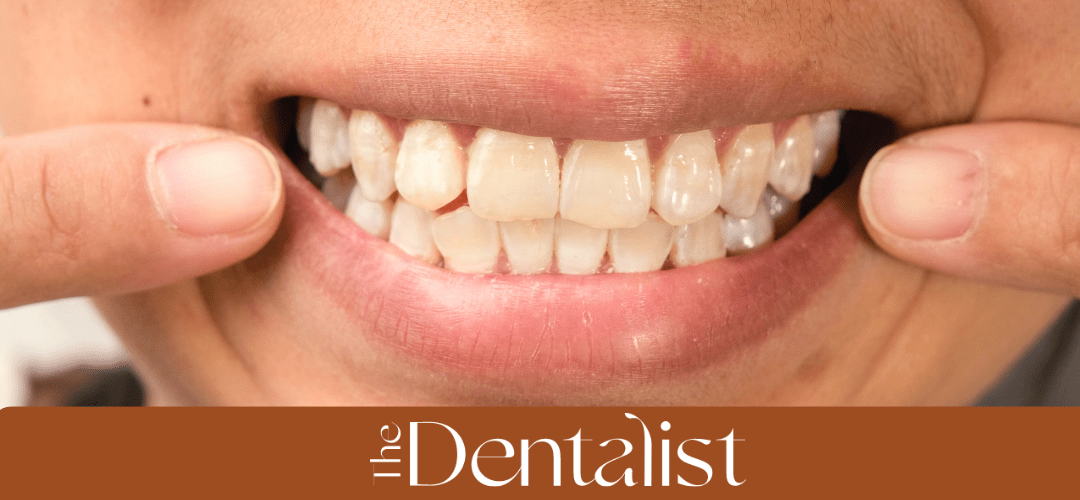Introduction to Dental Implants
Tooth loss can have a profound impact on our oral health, self-esteem, and overall quality of life. Thankfully, dental science has made tremendous strides, offering a modern and highly effective solution called dental implants. In this comprehensive article, we will delve into the world of dental implants, exploring their benefits, the procedure, aftercare, and more. By the end, you will have a clear understanding of how dental implants can transform your smile and restore your confidence.
The Advantages of Dental Implants
Comparing dental implants to other tooth replacement treatments, there are many benefits. Dental implants provide a long-lasting and realistic-looking alternative to dentures and bridges, which can be painful and may limit your diet. Dental implants provide stability and longevity by introducing a titanium implant post surgically into the jawbone. This enables you to speak, eat, and smile freely and without restrictions.
One of the most remarkable benefits of dental implants is their ability to prevent bone loss in the jaw. When a tooth is lost, the underlying jawbone can deteriorate over time. Dental implants counteract this by integrating with the jawbone through a process called osseointegration. This not only maintains the integrity of the jawbone, but also preserves facial structure and prevents premature ageing.
Dental Implant Procedure
The journey towards dental implants begins with a thorough examination and consultation with a skilled implant dentist. During this initial visit, your oral health will be evaluated, treatment goals discussed, and the suitability of dental implants determined.
If deemed a suitable candidate, the dental implant procedure will be planned and scheduled. The first step involves the surgical placement of the implant post into the jawbone. Local anesthesia or conscious sedation is used to ensure your comfort throughout the procedure. Following the surgery, a healing period of several months is required to allow the implant to fuse with the jawbone. This process creates a strong foundation for the artificial tooth.

The implant is connected to an abutment after the healing process is finished. The dental crown, which is the visible and useful portion of the implant, connects the implant post to the abutment. A seamless and realistic-looking grin is created by the dental crown, which is constructed specifically to match the colour, shape, and size of your original teeth.
Candidacy and Considerations
While dental implants have a high success rate, not everyone is an ideal candidate. Factors such as overall health, oral hygiene, and jawbone condition are taken into account. Adequate jawbone density is crucial for successful implant placement, as it provides the necessary support and stability. When the jawbone is not enough, other operations, like as bone grafting, may be advised to strengthen the bone structure.
Age is not necessarily a limiting factor for dental implant candidacy. However, younger individuals whose jaws are still developing may need to wait until their growth is complete before undergoing the procedure. Patients with certain medical conditions or those who smoke may require additional evaluation and precautions to ensure a successful outcome.
Care and Maintenance
Proper care and maintenance are vital to the long-term success of dental implants. The good news is that caring for implants is similar to caring for natural teeth. Regular brushing, flossing, and rinsing with antimicrobial mouthwash are essential for maintaining oral hygiene and preventing complications such as gum disease or peri-implantitis.
Regular dental check-ups are also crucial to monitor the health of your implants. During these visits, your implant dentist will perform professional cleanings, assess the condition of your implants, and address any concerns or issues promptly. By staying committed to your oral care routine and maintaining regular follow-up appointments, you can ensure the longevity and success of your dental implants.
Addressing Concerns and Potential Complications
As with any surgical procedure, there are potential risks and complications associated with dental implants. While such complications are rare, it is important to be aware of them. Infection, implant failure, and nerve damage are among the potential risks. However, by choosing an experienced implant dentist, following post-operative instructions diligently, and seeking immediate attention for any concerns, the chances of complications can be significantly minimised.
Dental Implants vs. Alternative Options
When considering tooth replacement options, it is crucial to understand the differences between dental implants, dentures, and bridges. While dentures and bridges provide viable solutions, dental implants stand out for their stability, functionality, and longevity. Dentures can slip, cause discomfort, and restrict your ability to enjoy certain foods. Bridges require altering adjacent healthy teeth. Dental implants, on the other hand, provide a permanent and independent solution that closely resembles natural teeth in both appearance and function.
The Cost of Dental Implants
The cost of dental implants can vary depending on several factors, including the number of implants needed, the need for additional procedures (such as bone grafting), and your geographic location. It is important to view dental implants as a long-term investment in your oral health and overall well-being. While they may seem more expensive initially compared to other options, the benefits they offer, including improved oral function and enhanced confidence, often outweigh the costs over time.
Conclusion
In conclusion, dental implants have transformed restorative dentistry by offering a cutting-edge and incredibly successful remedy for tooth loss. Dental implants are a popular option for those looking to improve their quality of life and restore their smiles because of their exceptional benefits, including stability, longevity, and natural aesthetics.
If you are considering dental implants, we recommend consulting with our experienced implant dentist who can guide you through the process and address any concerns. Remember to prioritise proper care and maintenance by maintaining good oral hygiene practices and scheduling regular dental check-ups. By taking these steps, you can ensure the long-term success of your dental implants and enjoy a confident, beautiful smile.


